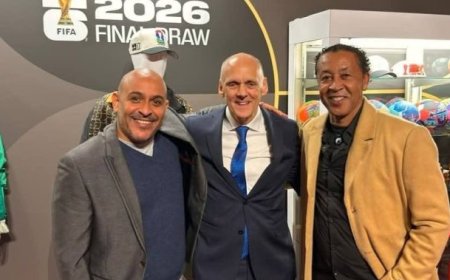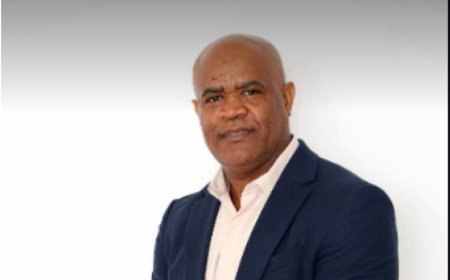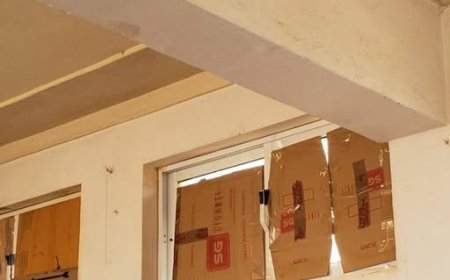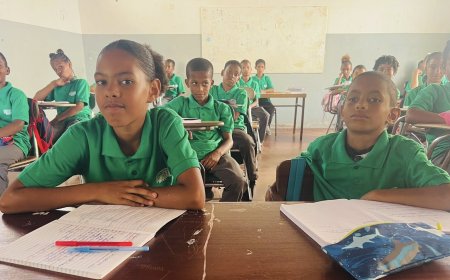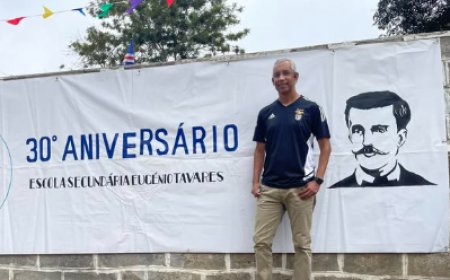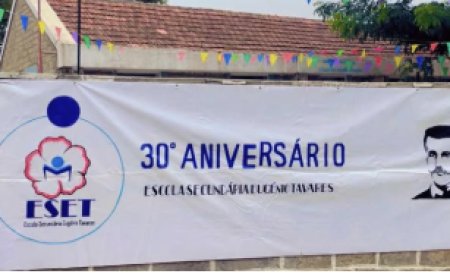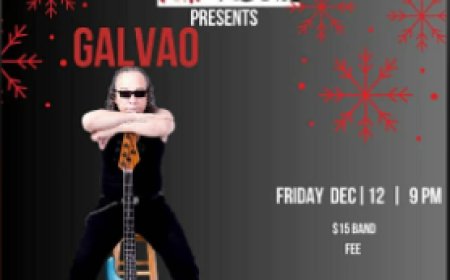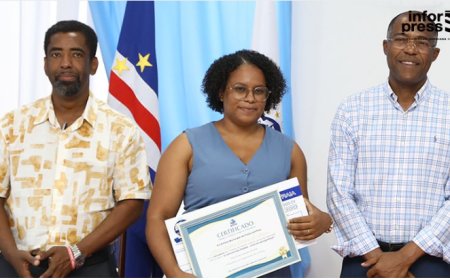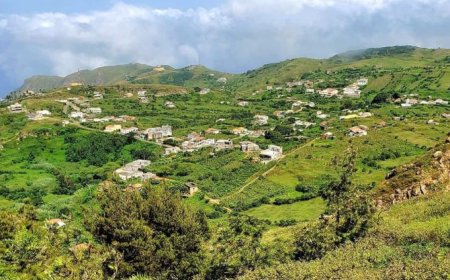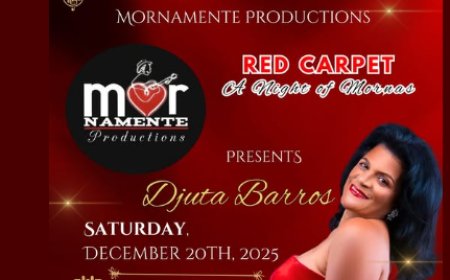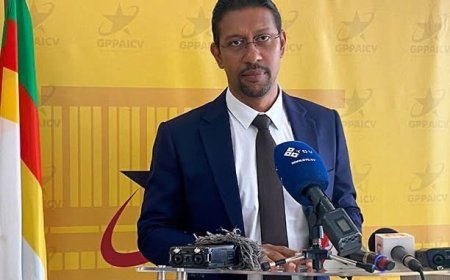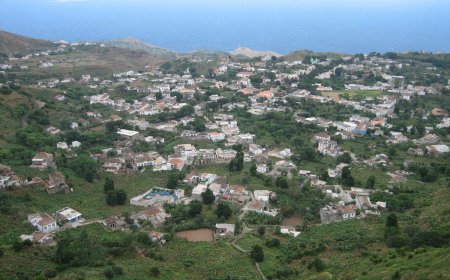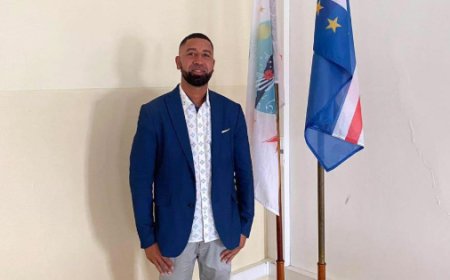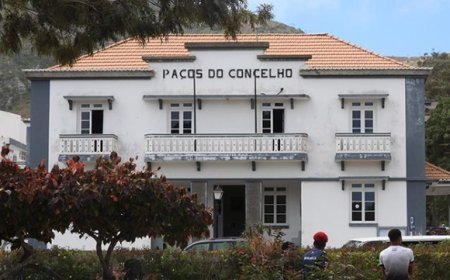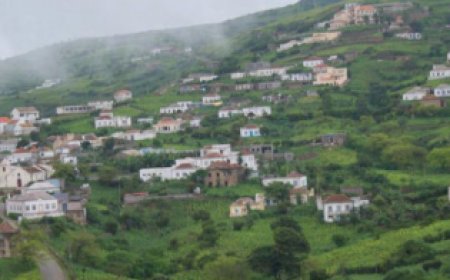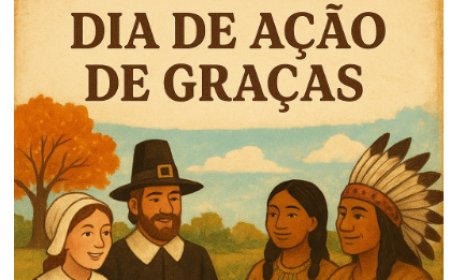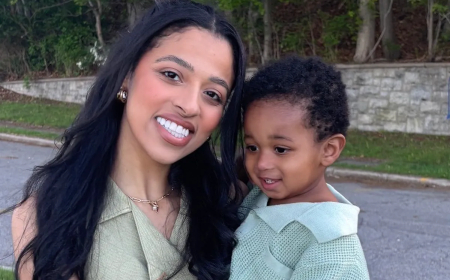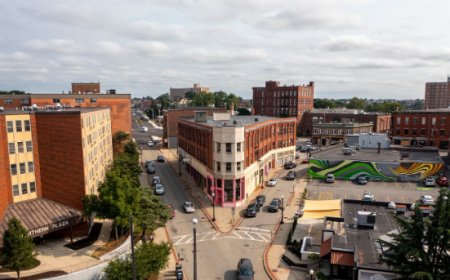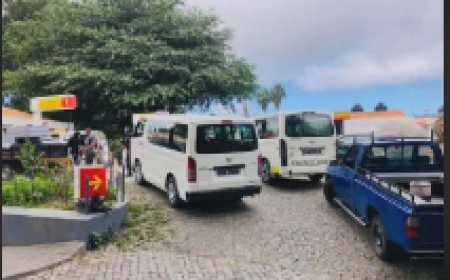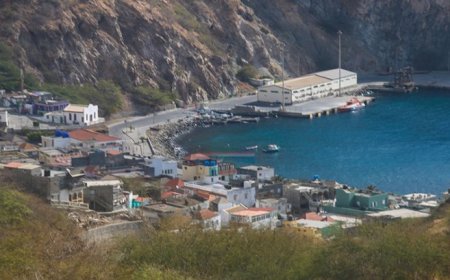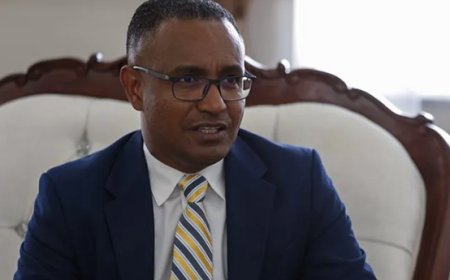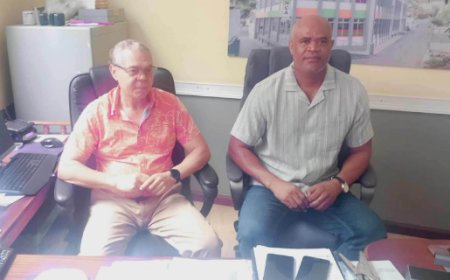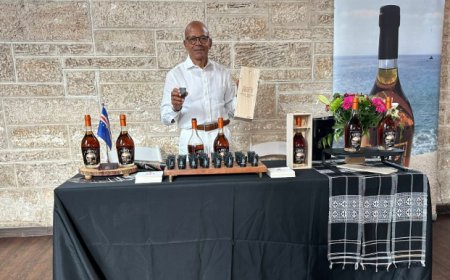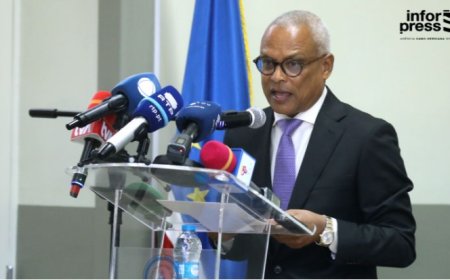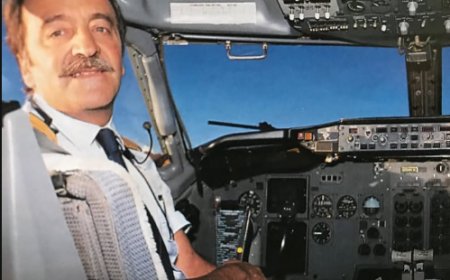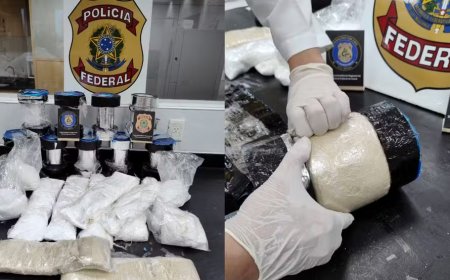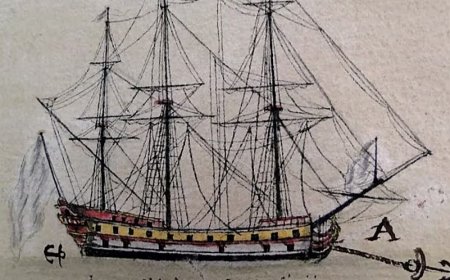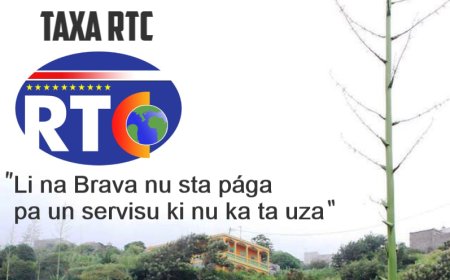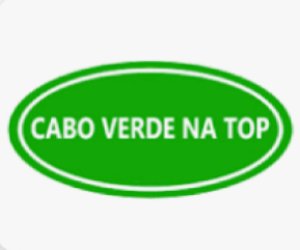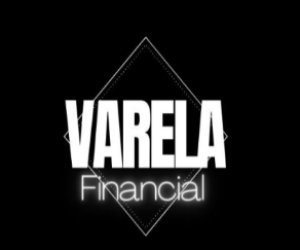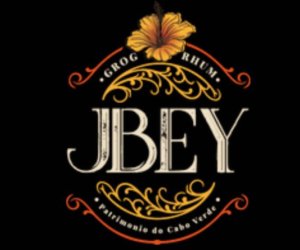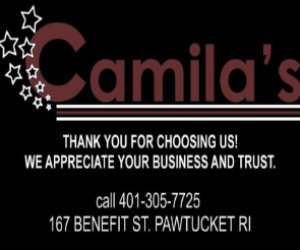Two brothers, two sets of political viewpoints
Contrasting experiences can give rise to sharply contrasting political views. Sometimes that happens even within a family.
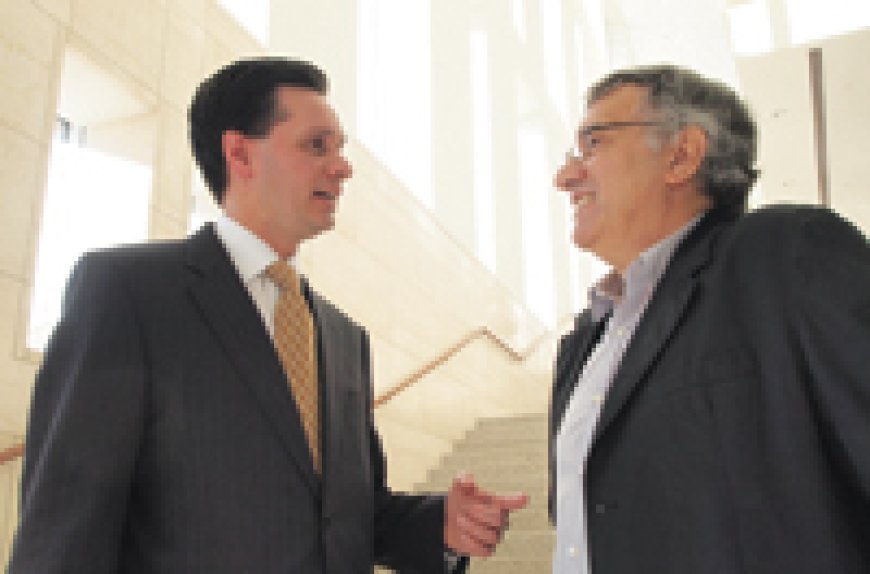
Contrasting experiences can give rise to sharply contrasting political views. Sometimes that happens even within a family.
Vinny deMacedo, a Republican state representative, and his brother Donaldo Macedo, a professor at the University of Massachusetts Boston, may be sons of a close-knit immigrant Cape Verdean family. But they are worlds apart when it comes to political bearings.
Rep. deMacedo (the de was added to his last name in error by immigration officials) is trim and clean-cut in his dark business suits. He is a stalwart of the state Republican Party, a small business owner, and a reliably conservative voice for Plymouth in the Legislature. His take on Occupy Wall Street? “Ultimately, we need banks,” he says. “Protesting against them isn’t going to change them.”
Donaldo, by contrast, says the Occupy protesters represent a good start. He looks every bit the part of a left-leaning UMass Boston professor who has coauthored books with Noam Chomsky, the late Boston University historian Howard Zinn, and Paulo Freire, the radical Brazilian educator best known for his 1968 book Pedagogy of the Oppressed.
Their sharply divergent political views underscore ways the immigrant experience can give rise to outlooks at both ends of the spectrum. The brothers were born on the island of Brava in the Cape Verde islands, an archipelago 350 miles off the coast of Senegal that was colonized by the Portuguese and used as a transshipment point in the trans-Atlantic slave trade. Donaldo, who is 15 years older, left the family home four years before Vinny was born to attend middle and high school on the island of Sao Vicente.
Donaldo, 60, traces the seeds of his radical leanings to the growing presence of Portuguese troops in Cape Verde, brought in to quell the nascent independence movement there. “I grew up in a fascist state,” says Donaldo, who at the age of 12 was punished by a teacher for speaking Cape Verdean creole in class instead of Portuguese, the official language of instruction in Cape Verde.
In 1966, when Vinny was 6 months old, the family moved to the United States, hoping to improve educational prospects for their children. They settled in Dorchester. Three years later, when the family moved to the small South Shore town of Kingston, Donaldo remained in the Boston neighborhood with his grandmother to finish his studies at English High School.
Boston was in the midst of social unrest and racial tensions that boiled to the surface with protests and riots. The independence struggle in Cape Verde was heating up at the same time, with Cape Verdean nationalists adopting the pan-African socialist ideology of their charismatic leader, Amilcar Cabral. The times left a lasting impact on Donaldo.
“I read Malcolm X,” he says. “I witnessed the assassination of Martin Luther King. I went to college at a time that was amazing. I was radicalized by the sense of social justice urgency.”
Donaldo’s trajectory took him to Boston University, where he earned a PhD in applied psycholinguistics and wrote a dissertation on Cape Verdean creole that sought to establish its identity as a language separate and distinct from Portuguese.
If Donaldo’s leftist bearings have their roots in the experience of Portuguese colonial oppression growing up in Cape Verde, Vinny’s political outlook is classic up-by-the-bootstraps conservatism, a strain of thought with an enduring presence in the American immigrant story.
In Kingston, Vinny (his given name was Viriatro) was largely insulated from the social change sweeping the US as well as his native country. “I was younger and more Americanized,” Vinny says. “I went through the American school system. I have a different perspective.”
“We were brought up in the same, tight-knit Cape Verdean family structure with strong religious faith,” Vinny says of his and Donaldo’s roots. “But we’re 15 years apart. He grew up in a different era.”
In some ways, it’s Vinny who grew up in the more antiquated time. Because his parents left Cape Verde before the revolution and settled in Kingston, cut off from the Cape Verdean communities in Boston, New Bedford, and Providence, they remained in what Donaldo characterizes as a time warp.
“Their notion of Cape Verdean-ness did not evolve beyond 1966,” he says. “I evolved culturally as Cape Verde became independent. I read Amilcar Cabral extensively.”
In 1987, Vinny graduated from King’s College in New York with a degree in business administration. He followed in the footsteps of other family members who embraced the hard-working, immigrant ethic, working at a family-owned filling station.
In 1992, he bought a filling station in Kingston, which he still owns and operates. Small business ownership and frustrating experiences with the state regulatory system ultimately inspired him to run for office, first to the Plymouth Board of Selectmen in 1997, then to the House of Representatives in 1998.
Vinny’s conservative credentials are ironclad. The ranking Republican on the House Ways and Means Committee, he has voted against tax increases, opposed gay marriage, and campaigned on behalf of GOP candidates, including US Sen. Scott Brown and former Governor Mitt Romney, who he is backing for the GOP presidential nomination.
Yet Vinny has demonstrated an ability to work with more liberal Democrats, a critical skill for a Republican in the Democrat-controlled House, where Republicans hold only 33 of 160 seats. It’s a skill he honed in a family where he, Donaldo, five other siblings, and numerous cousins represent a wide range of political views and racial identities.
At family gatherings, however, politics is off the table. “Donaldo and I are of the same personality,” Vinny says. “We don’t get into deep ideological fights. I’m comfortable with having someone disagree with me.”
Press him about what he thinks of his brother’s work, and Vinny responds diplomatically. “I’m very proud of all my brother’s accomplishments,” he says. “Donaldo is an academic. He came here and he realized the value of an education. That’s the world he chose to be a part of.”
For his part, Donaldo traces his brother’s more conservative outlook to his family’s strong religious values. “Those social values tend to coincide with Republican values—small government, cuts to programs that help minorities,” he says. “I don’t believe in individualism. I believe in collectivism.”
But Donaldo says he appreciates Vinny’s ability to bridge differences. “He has a skill set—and, more than that, a values system—where above all you respect the humanity of the other,” he says. “He’s very conservative, but not dogmatic. I’ve learned from him not to be dogmatic.”


